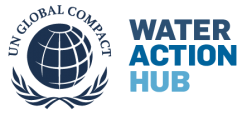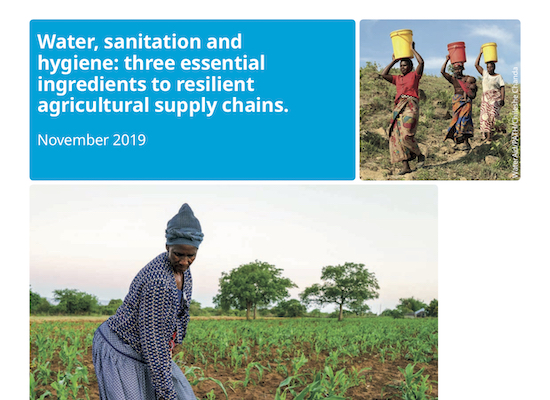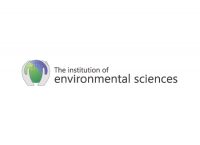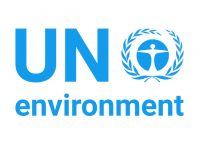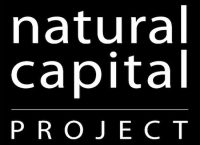Primary Functions
-
Understand the importance of company action on WASH in agricultural contexts and why WASH management should already be business as usual and integrated into existing processes.
-
Find guidance for how companies can practically approach WASH in supply chains within the broader context of being a water steward.
Detailed Description
This booklet builds upon previous work and the knowledge that some of the most challenging WASH issues for corporates lie within supply chains, particularly in agricultural contexts. Although it is recognised that detailed practical guidance is necessary, there remains a significant lack of awareness by many corporations as to the importance for company action on WASH in agricultural contexts. This booklet will help provide a starting point for company action and explain why WASH management should already be business as usual (BAU) and integrated into existing processes. It will build the awareness for why companies should act on WASH and touch on some initial steps for how companies can practically approach WASH in supply chains within the broader context of being a water steward.
The booklet will be valuable for sustainability professionals working within a business whose responsibility is to manage environmental and social issues and embed them within existing management processes and procedures. The information provided will help demonstrate why WASH issues are important within agricultural supply chains, and why embedding WASH within a company’s existing management approaches makes good business sense. The booklet does not intend to provide detailed site- level guidance on WASH management, given the complexities involved by differing local contexts. The content is relevant to businesses that are reliant upon smallholder and commercial agricultural supply chains, such as the food and beverage, and apparel sectors.
This booklet will help fill this knowledge gap and present an opportunity for sectors that are reliant upon the agricultural supply chain to take leadership in protecting and improving WASH resources for the people and business in the regions in which they operate. Company insights and examples will be provided throughout this booklet to highlight these factors.
